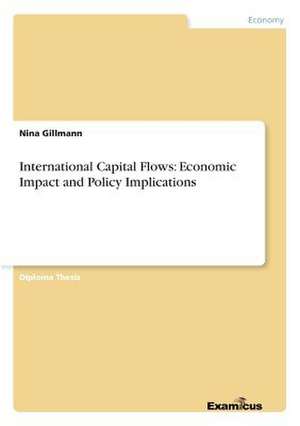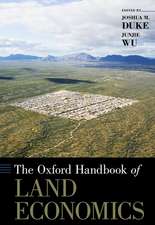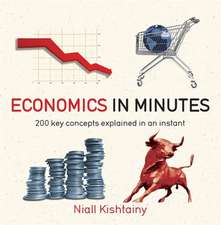International Capital Flows: Economic Impact and Policy Implications
Autor Nina Gillmannen Limba Engleză Paperback – 18 aug 2012
Preț: 586.70 lei
Preț vechi: 724.32 lei
-19% Nou
Puncte Express: 880
Preț estimativ în valută:
112.28€ • 116.55$ • 93.62£
112.28€ • 116.55$ • 93.62£
Carte tipărită la comandă
Livrare economică 22 martie-05 aprilie
Preluare comenzi: 021 569.72.76
Specificații
ISBN-13: 9783867463652
ISBN-10: 3867463654
Pagini: 216
Dimensiuni: 148 x 210 x 16 mm
Greutate: 0.29 kg
Ediția:2. Auflage
Editura: Examicus Verlag
ISBN-10: 3867463654
Pagini: 216
Dimensiuni: 148 x 210 x 16 mm
Greutate: 0.29 kg
Ediția:2. Auflage
Editura: Examicus Verlag









